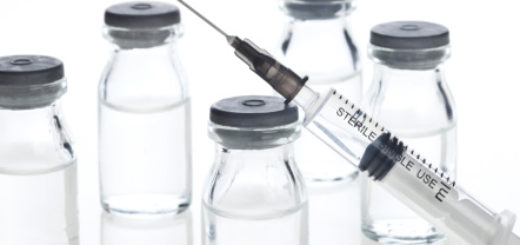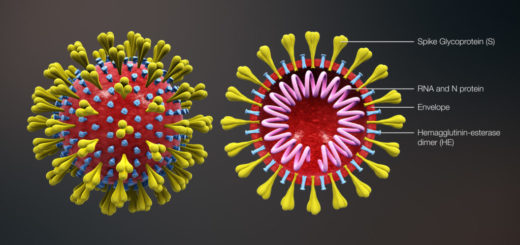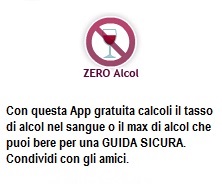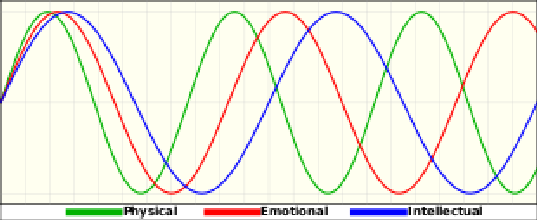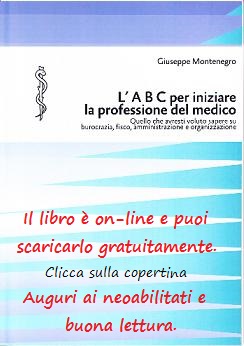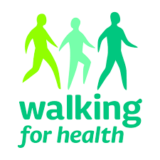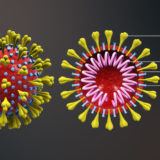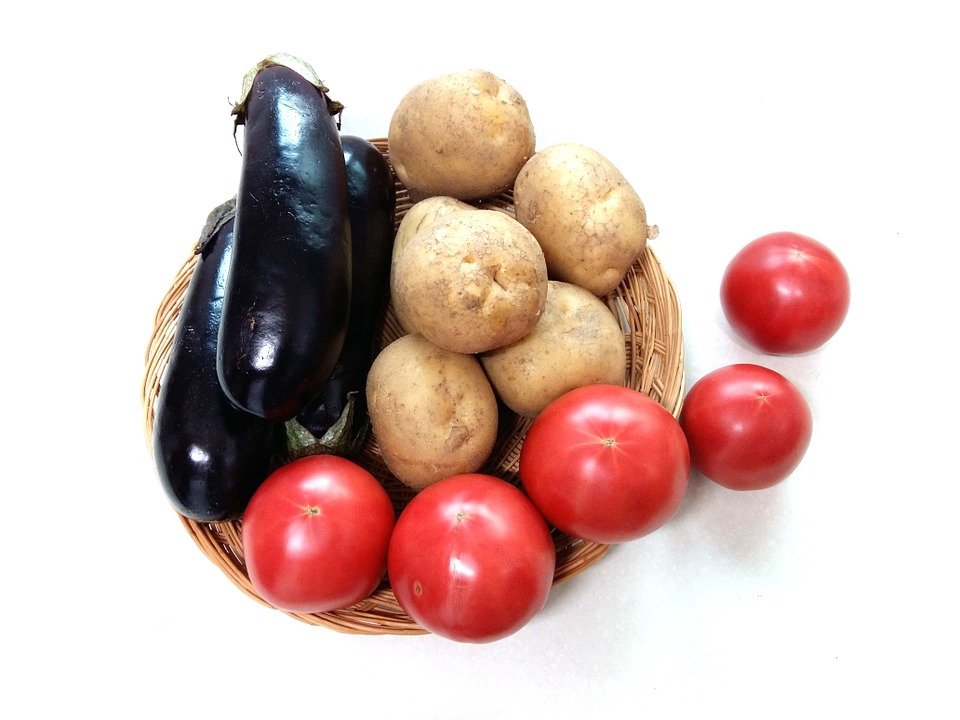Covid-19, chiarezza sui dati prima degli annunci
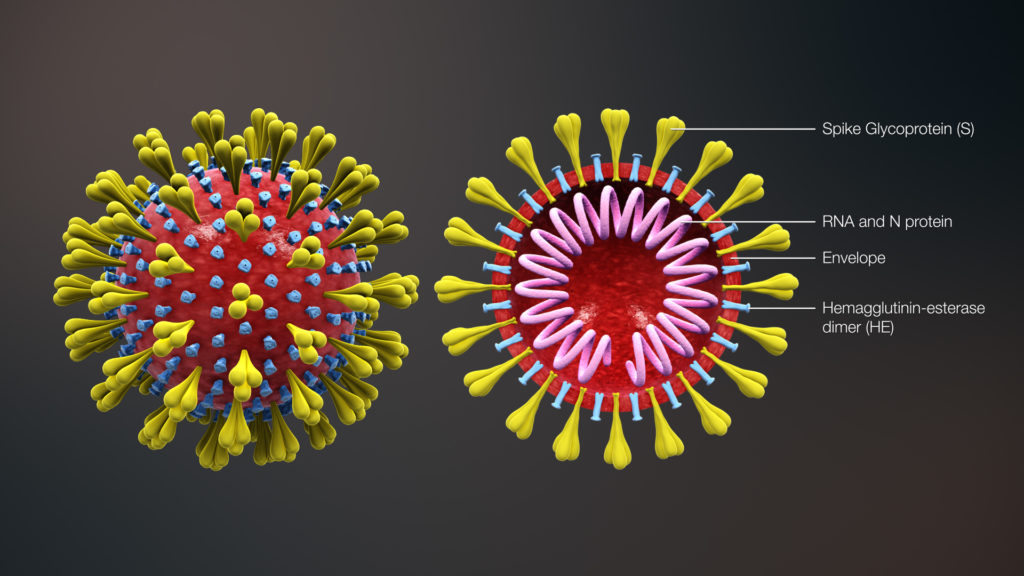
Non è solo il prof. Crisanti, direttore del laboratorio di Microbiologia dell’Università di Padova, a mettere in rilievo la conoscenza dei DATI SCIENTIFICI pubblicati per poter esprimere pareri. Purtroppo i mezzi di comunicazione, e non solo, fanno leva sulla emozioni.
Di seguito dichiarazioni tratte da un articolo pubblicato da “doctor33.it”.
Crisanti, intervenendo a Buongiorno, su Sky TG24, attacca duramente gli annunci su farmaci e vaccini fatti direttamente alla stampa prima della pubblicazione dei dati. «Ribadisco che sulle basi delle conoscenze che abbiamo oggi non mi farei il vaccino. Se dovessero rendere pubblici i dati e la comunità scientifica ne validasse la bontà me lo farei, non ho alcun dubbio su questo», precisando: «Non ho detto che non mi farò il vaccino, ma semplicemente che è necessario che tutti nella comunità scientifica abbiano accesso ai dati grezzi. In questo modo facciamo il vaccino tutti quanti, senza nessun timore e alcun retropensiero».
L’immunologo Alberto Mantovani, direttore scientifico dell’Istituto clinico Humanitas, «mi piace ragionare sui dati e mi piace un mondo di dati aperti e condivisi. Per giudizi specifici dobbiamo avere i dati».
Posizione molto dura l’editoriale del British Medical Journal scritto dal direttore esecutivo della rivista, Kamran Abbasi, dell’Imperial College di Londra, «governi e industrie devono smetterla di annunciare una politica scientifica tramite comunicati stampa» serve «piena trasparenza sui sistemi decisionali, sui processi e sul sapere chi è responsabile di che cosa. Quando la buona scienza viene soppressa – afferma Abbasi – la gente muore».
Antony Fauci, direttore del National Institute of Allergy and Infectious Diseases americano, entrando nel merito dei vaccini prossimamente disponibili invita alla prudenza: «C’è ancora un po’ di confusione sui dosaggi di AstraZeneca, quindi è prematuro giudicare. Pfizer invece ha chiesto l’autorizzazione d’emergenza e presto lo farà pure Moderna». Quanto all’affidabilità dei vaccini russi e cinesi, «ho sentito affermazioni di una efficacia significativa. È possibile, ma per provarlo servono dati che io non ho visto».

Quest’opera è distribuita con Licenza Creative Commons Attribuzione – Non commerciale – Condividi allo stesso modo 4.0 Internazionale
It is not just the prof. Crisanti, director of the laboratory of Microbiology of the University of Padua, to highlight the knowledge of the SCIENTIFIC DATA published in order to express opinions. Unfortunately, the media, and not only, rely on emotions.
Here are statements taken from an article published by “doctor33.it”.
Crisanti, speaking on Buongiorno, on Sky TG24, harshly attacks the announcements on drugs and vaccines made directly to the press before the publication of the data. «I repeat that on the basis of the knowledge we have today I would not get the vaccine. If the data were to be made public and the scientific community validated its validity, I would do it, I have no doubt about this “, specifying:” I did not say that I will not get the vaccine, but simply that it is necessary that everyone in the scientific community has access to raw data. In this way we all get the vaccine, without any fear and no retro-thought ».
Immunologist Alberto Mantovani, scientific director of the Humanitas Clinical Institute, «I like to think about data and I like a world of open and shared data. For specific judgments we must have the data ».
Very tough position in the editorial of the British Medical Journal written by the executive director of the journal, Kamran Abbasi, of Imperial College London, «governments and industries must stop announcing a scientific policy through press releases» we need «full transparency on decision-making systems, about processes and knowing who is responsible for what. When good science is suppressed – Abbasi affirms – people die ».
Antony Fauci, director of the American National Institute of Allergy and Infectious Diseases, entering into the merits of the vaccines soon available calls for caution: «There is still some confusion about the dosages of AstraZeneca, so it is premature to judge. Pfizer, on the other hand, has asked for emergency authorization and Moderna will soon do it too ». As for the reliability of Russian and Chinese vaccines, “I have heard claims of significant efficacy. It is possible, but to prove it you need data that I have not seen ».


